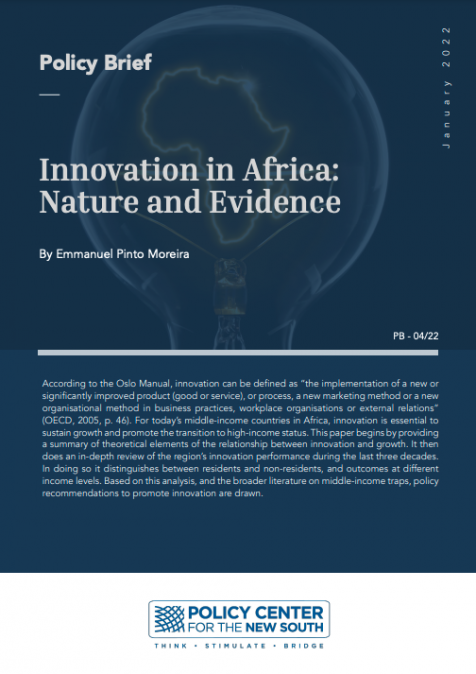Publications /
Policy Brief
As decarbonization is a long-term process and requires significant investments, specific financial and non- financial measures will need to be implemented, both in the short and long term, to facilitate this transition. In Part II of Morocco’s decarbonization pathway Policy Brief series, an update of the decarbonization scenarios was presented. It revealed that the Increased Ambition and Green Development scenarios achieve higher decarbonization targets than current policy. It showed that decarbonization targets will be achieved mainly through extensive electrification of end sectors and increasing renewable energy sources in the generation mix. Specifically, transportation, power generation, and the residential sector will be key sectors for decarbonizing Morocco’s energy consumption. In Part III of the aforementioned Policy Brief series, a cost-benefit analysis of this transition was conducted. This brief argues that this shift will generate full economic benefits in the hundreds of billions of dollars, even with the additional capital expenditures needed to modernize the sectors covered, namely the transport, residential, industry and services, agriculture, and power sectors. Achieving this vision and reducing decarbonization costs will therefore require some incentives for the five sectors covered. In this sense, Part IV will address the remaining barriers to energy transition in each sector and propose short and long-term recommendations to support decarbonization, including financial and non-financial policy measures while considering distributional concerns and impacts.











